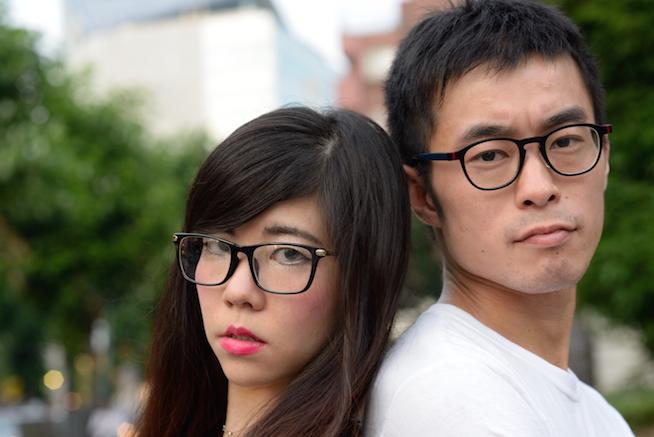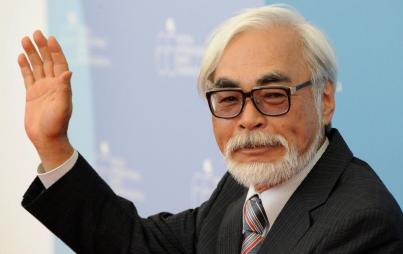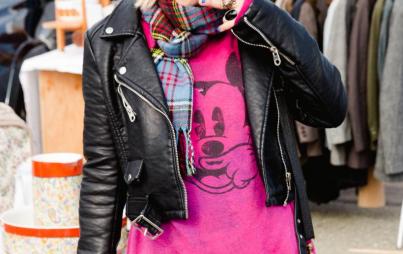
Not cool, Japanese Supreme Court.
Names and labels have the power to recognize or dismiss entire people groups, and their needs.
The Japanese Supreme Court has just ruled to uphold a law requiring married couples to have the same last name, much to the dismay of women's rights activists.
In a year full of battles for identity, politically-correct rhetoric, and equality around the world, this makes me pause to wonder: Why are the names we call ourselves worth fighting for? The way we think about and name ourselves inevitably ripples out into the public sphere, but choice seems to be treated rather like a luxury instead of a right in the world (unfortunately).
Japan's battle is just one side of an interesting issue about names. Take this issue of surnames in marriage, for instance. Are Japan's laws forcing women to take their husband's surname any more problematic than Quebec's policy forcing women not to? What about cultures where people don't have surnames? Or when a transgender individual shifts pronouns? Are our rights linked to our names, and who gets the power to choose what those are in either case?
How much of our fight for equality truly rests in a name?
When I was a little girl, I assumed my husband would take my name if/when I ever got married — and I thought I was a genius for thinking of this idea. Now it looks like Zoe Saldana has beaten me to the punch: Her new husband changed his last name…to hers. In the United States, citizens can usually legally change their name through a roundabout, bureaucratic, but predominantly accessible process. But does changing a name really change inequity in society, or does it just slap a Band-Aid on the bleeding wound?
If words are more powerful (or, at least, more political) than the sword, then our choice of the right words is indelibly linked to our right of choice. From the names we call God to the names we are called on the playground, the way that we think and speak about ourselves and others has a powerful impact on the brain, on our communities, and on politics. And when Big Brother gets involved, the name game takes on bigger consequences.
Governments have policed names for centuries — Japan's law about married surnames, upheld today, dates back to the feudal system, when women and children were essentially the property of their reigning feudal lord. Nowadays, around the world, there are battles over words in just about every corner. #BlackLivesMatter has been appropriated and disrespected by the #AllLivesMatter critics. “Gypsy” is still being used in the mainstream, despite the fact that the word is an ethnic slur and tool of oppression against the Romani people. LGBT has expanded to LGBTQIA to acknowledge queer, intersex, and asexual individuals, and these communities continue to fight increasingly public battles for equality. Refugees from Syria have been consistently called migrants, making it easier to dismiss the scale of their urgent crisis and need. Student protests around the United States, spearheaded by ConcernedStudent1950, are fighting not only over certain educational policies and problems, but words and racism — only to receive backlash for being "coddled," "oversensitive" millennials. Around the world, we are flooded with examples of the tension between rhetoric and revolution. We are name-calling, and name-changing. But this isn’t child’s play anymore.
Names and labels have the power to recognize or dismiss entire groups of people and their needs, and women are still fighting archaic modes of patriarchy that brand them (even verbally) with male ownership. Today, in Japan’s court decision, feudalism won. Feudalism! This is not to say that a woman taking her husband's name in marriage is anti-feminist — there’s nothing wrong with that; it is a beautiful choice and act of unity and love when voluntary. Japan's women’s rights activists (and this writer) merely assert that it should be a freely-made choice; an option instead of a requirement. Our identity is not created only by society on the outside — surely, we all have a right to our own name.
Shakespeare famously wrote in Romeo and Juliet, “That which we call a rose would by any other name smell as sweet.” Thanks to Japan’s courts, we now know that the real question is: What human rights issues are in a name?







